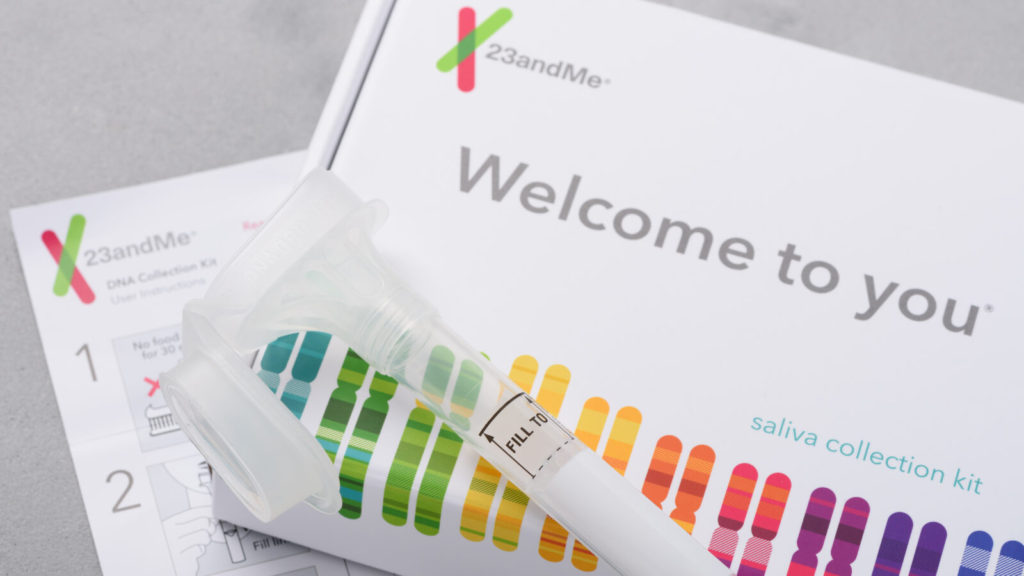How to Find the Perfect Egg Donor for You: Part 2
A Guide to Choosing the Right Donor
If you missed Part 1 in this series—focusing on where to find your donor—we recommend reading that post as well. In this blog post, we focus on how you might think about choosing your donor. Let’s dive in:
1. Known vs. Semi-Known vs. Anonymous
As you have probably learned already, there is a lot of special terminology and jargon in the assisted reproductive technology world. To add to that confusion, some words have different meanings depending on the context. “Known donors” is one of those terms. For some, a “known egg donor” is strictly a friend or family member already in the intended parents’ life. For others, a “known egg donor” is any donor whose identity (full name and location) is known to the recipient parents, even if that individual was not a part of the parents’ lives prior to matching. Oftentimes, parents can meet in-person or skype with a potential donor during the selection process.
While nobody can guarantee that their feelings about a relationship will not change over a time, either type of “known” relationship gives recipient parents and the donor conceived children the option to be in touch with the egg donor. In the interest of full transparency, at Brownstone we encourage known donation, as most mental health professionals believe that those arrangements are what is most beneficial for you and your child in the long-term, most importantly by helping your child form a healthy sense of identity.
Semi-known allows for some limited communication between egg donors and recipient parents, such as over skype or phone, during the match process, but does not allow for the exchange of identifying information. Consequently, the parents do not have direct access to the egg donor should they or their children have questions in the future.
Finally, anonymous donations are those in which the recipient parents have no contact with the donor, the contracts are negotiated using pseudonyms or first names only, and any information is exchanged through the agency or clinic. To be clear, with the advent of 23andMe, Ancestry.com, and other at-home DNA testing services, there is no such thing as true anonymity. However, a donor who proceeds anonymously may be less open to having any sort of contact or relationship with their genetic offspring if contacted later in life.
2. Nature vs. Nurture: What to Look For
Entire books have been written on just this question alone, but here is our attempt to distill down the many, many factors you might consider when selecting the donor that’s right for you:
A. Family Medical and Genetic History: At a minimum, you’ll want to make sure that the sperm source and egg source are not both carriers for the same genetic diseases. However, beyond what you can learn from genetic screening, many parents also consider the family health history. While it can be difficult to parse out what it genetic and what is environmental—for example, if a relative who had lung cancer was also a lifelong pack-a-day smoker, that may be less concerning genetically—you might consider the overall physical and mental health picture of the donor’s family, including siblings, parents, grandparents, and others. Think through what conditions run through the sperm source’s family, be they asthma or bad hearing, and try to avoid similar genetic characteristics in the donor. It may be a fool’s errand to strive for perfection here, but medical history is an important consideration for most.

B. Physical Characteristics: For a lot of parents, these considerations are paramount. If you are partnered and could have a genetic child together, you probably would. As a result, many people essentially try to substitute for that missing genetic parent by finding a donor who resembles them. But even if that’s not your goal, you might want to try to find a donor who seems to “fit” in your family. On the other hand, some same-sex couples recognize that everyone will know their child is not the genetic product of both partners (at least with current science), and feel liberated to choose their favorite donor, even if that person doesn’t “fit” perfectly in their family’s physical profile. In any event, you should remember that your child will inherit the physical traits of not just the donor, but the donor’s whole family. So, if a particular eye color is important to you, for example, look at the donor’s siblings, parents, and other relatives too. Your donor might be the only one with that particular color, height, or face shape.
Additionally, If you want a donor from a particular background that’s harder to find, like donors of Asian or Ashkenazi Jewish descent, you should be prepared to potentially pay higher compensation or have to be a bit more flexible with respect to other desired traits.
C. Personality, Intelligence, and Skills: This is where the nature vs. nurture debate really comes to life. There’s no doubt that certain aptitudes, skills, or raw intellect can be heritable, but there’s also little doubt that environmental factors play a huge role in shaping who we are, what we like and dislike, and how we spend our time. For example, while some parents might seek out a donor who attended a prestigious university or holds an advanced degree, the donor’s ability to get into and graduate from that program or get a certain SAT/ACT score might be more of a reflection of their family’s income and the educational resources they were offered than their innate intelligence. (Take it from our Harvard-educated director, these credentials are overrated!) At the same time, parents often read the donor’s profile to get a sense of who they are as a person, and that “feeling” of the donor as artsy or introverted or athletic or empathetic or academic or musical can be very important. Before you dive into reviewing hundreds of profiles, take some time to think through what is truly important to you and how those traits may or may not be inherited.
3. Donor Experience and Age
Finally, it is worth considering whether that donor has been a donor before. If an egg donor has donated previously, you will know if they produced a high amount of viable eggs and whether they resulted in a successful pregnancy. This is especially helpful if you know you want multiple children or are planning for a split or shared cycle. Of course, if the donor has donated previously (or continues on to donate again), your future baby may also have genetic half-siblings out in the world. For some parents that is a positive factor and for others that is a negative.
If your potential donor would be a first-time donor, consider their age. It is an unfortunate biological reality that in our thirties, our egg reserves begin to weaken, egg quality decreases, responses to stimulation cycles worsens, and the presence of chromosomal abnormalities in the egg increases. For these reasons, it is best to choose an egg donor in their fertile prime, typically their twenties.
***
This long blog post only scratches the surface of things parents should or do consider when choosing the perfect egg donor for them. We’d be happy to chat with you about these considerations in further depth. We also recommend the great resources at Parents via Egg Donation. Contact us today to start your family building!
